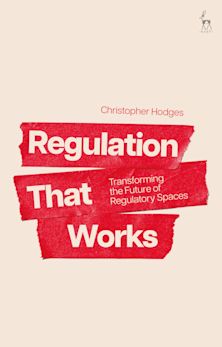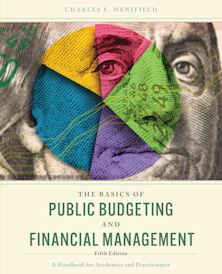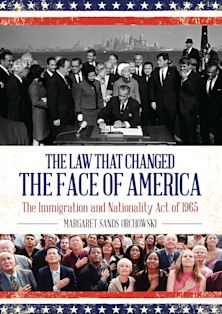- Home
- ACADEMIC
- Politics & International Relations
- Public Management, Administration and Policy
- The New Political Economy of EMU
The New Political Economy of EMU
Jeffry Frieden (Anthology Editor) , Daniel Gros (Anthology Editor) , Erik Jones (Anthology Editor) , Jeffry Freiden (Contributor) , A J. Hughes Hallett (Contributor) , Juan Jimeno (Contributor) , Peter McAdam (Contributor) , Jean Pisani-Ferry (Contributor) , and Jose Vinals (Contributor)
- Textbook
The New Political Economy of EMU
Jeffry Frieden (Anthology Editor) , Daniel Gros (Anthology Editor) , Erik Jones (Anthology Editor) , Jeffry Freiden (Contributor) , A J. Hughes Hallett (Contributor) , Juan Jimeno (Contributor) , Peter McAdam (Contributor) , Jean Pisani-Ferry (Contributor) , and Jose Vinals (Contributor)
- Textbook
This product is usually dispatched within 3 days
- Delivery and returns info
-
Free US delivery on orders $35 or over
Exam copy added to basket
Choose your preferred format. Please note ebook exam copies are fulfilled by VitalSource™.
You must sign in to add this item to your wishlist. Please sign in or create an account
Description
The creation of an economic and monetary union (EMU) in Europe is among the most important_and controversial_developments of the 1990s. This clear and balanced book brings together economists and political scientists to explain why the creation of a European monetary union is so contentious; how the debate has affected the political determination to construct a monetary union; and how it will influence the functioning of EMU into the next century. Focusing on how economics and politics interact both in the prelude to unification and in its aftermath, the authors provide an innovative analysis of a spectrum of related issues: how EMU relates to Europe's unemployment crisis, how it will affect the process of economic adjustment, what convergence means for the performance of the member states separately, and how the member states will decide both whether to participate themselves and whom else to admit to the monetary club.
Table of Contents
Chapter 2 Monetary Union and European Unemployment
Chapter 3 External Shocks and Labor Mobility: How Important Are They for EMU?
Chapter 4 Fiscal Deficit Reductions in Line with the Maastricht Criteria for Monetary Union: An Empirical Analysis
Chapter 5 Monetary Union with Variable Geometry
Chapter 6 The Political Economy of European Monetary Union: A Conceptual Overview
Product details
| Published | Sep 03 1998 |
|---|---|
| Format | Paperback |
| Edition | 1st |
| Extent | 216 |
| ISBN | 9780847690190 |
| Imprint | Rowman & Littlefield Publishers |
| Dimensions | 9 x 6 inches |
| Series | Governance in Europe Series |
| Publisher | Bloomsbury Publishing |
About the contributors
Reviews
-
This is a serious book, and the lay reader will have to brace himself for outbursts of economists' algebra here and there. So the question of whether monetary union will indeed lead to political union, and, if so, in what form, will in due course receive its final answer. Mr. Frieden's and Mr. Jones's analysis help illuminate the likely outcome....
The Economist
-
This is a serious book, and the lay reader will have to brace himself for outbursts of economists' algebra here and there.
So the question of whether monetary union will indeed lead to political union, and, if so, in what form, will in due course receive its final answer. Mr. Frieden's and Mr. Jones's analysis help illuminate the likely outcome.The Economist



































